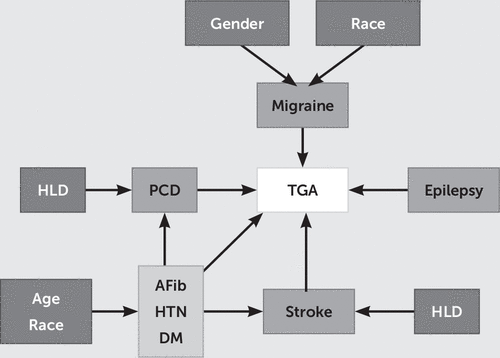

In one UK study the overall prevalence of epilepsy in people aged over 60 was 11.Almost a quarter of people with newly diagnosed epilepsy are over 60 years old.Multidisciplinary service requirements in the community, including liaison nurse, social worker and occupational therapist.Physical restrictions to lifestyle seizures that cause falls are more likely to cause injury in older people.increased impact of driving restrictions. Susceptibility to anti-epileptic drug (AED) side effects and toxicity, and increased likelihood of interaction with other medication.Diagnostic difficulties, especially in differentiating syncope attacks from seizures.Accessed June 27, 2022.Epilepsy is characterised by the occurrence of at least 2 unprovoked episodes of periodic disturbance in neurological function, often with altered consciousness, due to abnormal excessive electrical discharge within the brain.Įpilepsy in older people poses several additional problems for the provision of services compared with the rest of the population: Genetic and Rare Diseases Information Center. In: Bradley and Daroff's Neurology in Clinical Practice. Transient global amnesia: Current perspectives. In: Adams & Victor's Principles of Neurology. Dementia, the amnesic syndrome, and the neurology of intelligence and memory. No signs of seizures during the period of amnesiaĪnother common sign of transient global amnesia due to the inability to create new memories includes repetitive questioning, usually of the same question - for example, "What am I doing here?" or "How did we get here?".Symptoms lasting no more than 24 hours and generally shorter.More symptoms and history that may help diagnose transient global amnesia: No signs of damage to a particular area of the brain, such as being unable to move an arm or leg, movements you can't control, or problems understanding words.Normal cognition, such as the ability to recognize and name familiar objects and follow simple directions.Being awake and alert and knowing who you are, despite memory loss.Sudden onset of confusion that includes memory loss, seen by a witness.You must have these signs and symptoms to be diagnosed with transient global amnesia: Once that symptom is confirmed, ruling out other possible causes of amnesia is important. The main symptom of transient global amnesia is being unable to create new memories and remember the recent past. Transient global amnesia isn't serious, but it can still be frightening. During recovery, you may begin to remember events and circumstances. Episodes of transient global amnesia always get better slowly over a few hours.

With transient global amnesia, you do remember who you are, and you recognize the people you know well. The condition most often affects people in middle or older age. You may also draw a blank when asked to remember things that happened a day, a month or even a year ago. You may keep repeating the same questions because you don't remember the answers you've just been given. You may not remember anything about what's happening right now. You can't remember where you are or how you got there. This confused state isn't caused by a more common neurological condition, such as epilepsy or stroke.ĭuring an episode of transient global amnesia, a person is unable to create new memory, so the memory of recent events disappears. Transient global amnesia is an episode of confusion that comes on suddenly in a person who is otherwise alert.


 0 kommentar(er)
0 kommentar(er)
